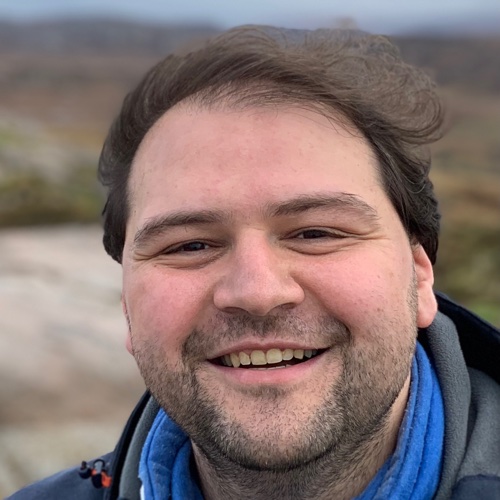Shoggoth: A Formal Foundation for Strategic Rewriting
Abstract
References
Index Terms
- Shoggoth: A Formal Foundation for Strategic Rewriting
Recommendations
Formal Proofs About Rewriting Using ACL2
We present an application of the ACL2 theorem prover to reason about rewrite systems theory. We describe the formalization and representation aspects of our work using the first-order, quantifier-free logic of ACL2 and we sketch some of the main points ...
Proving operational termination of membership equational programs
Reasoning about the termination of equational programs in sophisticated equational languages such as Elan , Maude , OBJ , CafeOBJ , Haskell , and so on, requires support for advanced features such as evaluation strategies, rewriting modulo, use of ...
Transformation for Refining Unraveled Conditional Term Rewriting Systems
Unravelings, transformations from conditional term rewriting systems (CTRSs, for short) into unconditional term rewriting systems, are valuable for analyzing properties of CTRSs. In order to completely simulate rewrite sequences of CTRSs, the ...
Comments
Information & Contributors
Information
Published In

Publisher
Association for Computing Machinery
New York, NY, United States
Publication History
Check for updates
Badges
Author Tags
Qualifiers
- Research-article
Funding Sources
Contributors
Other Metrics
Bibliometrics & Citations
Bibliometrics
Article Metrics
- 0Total Citations
- 287Total Downloads
- Downloads (Last 12 months)287
- Downloads (Last 6 weeks)42
Other Metrics
Citations
View Options
Get Access
Login options
Check if you have access through your login credentials or your institution to get full access on this article.
Sign in

